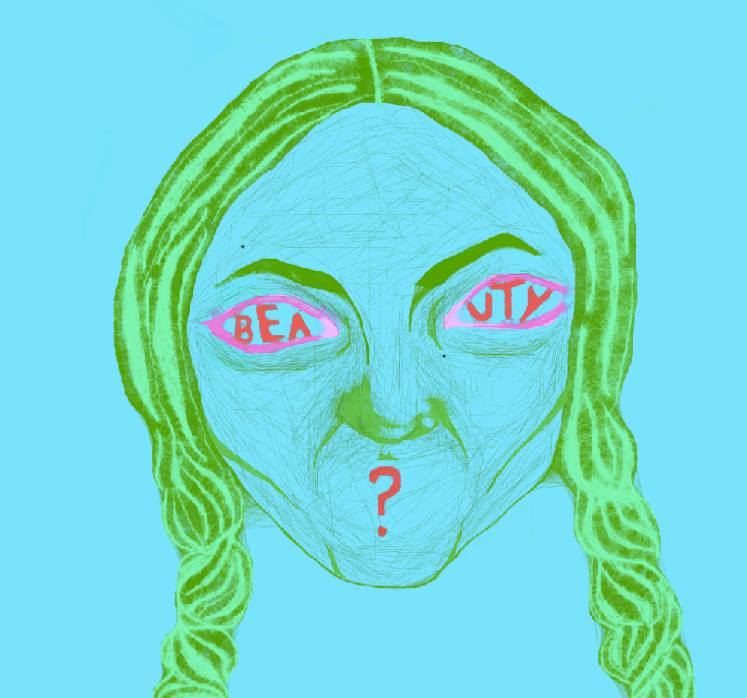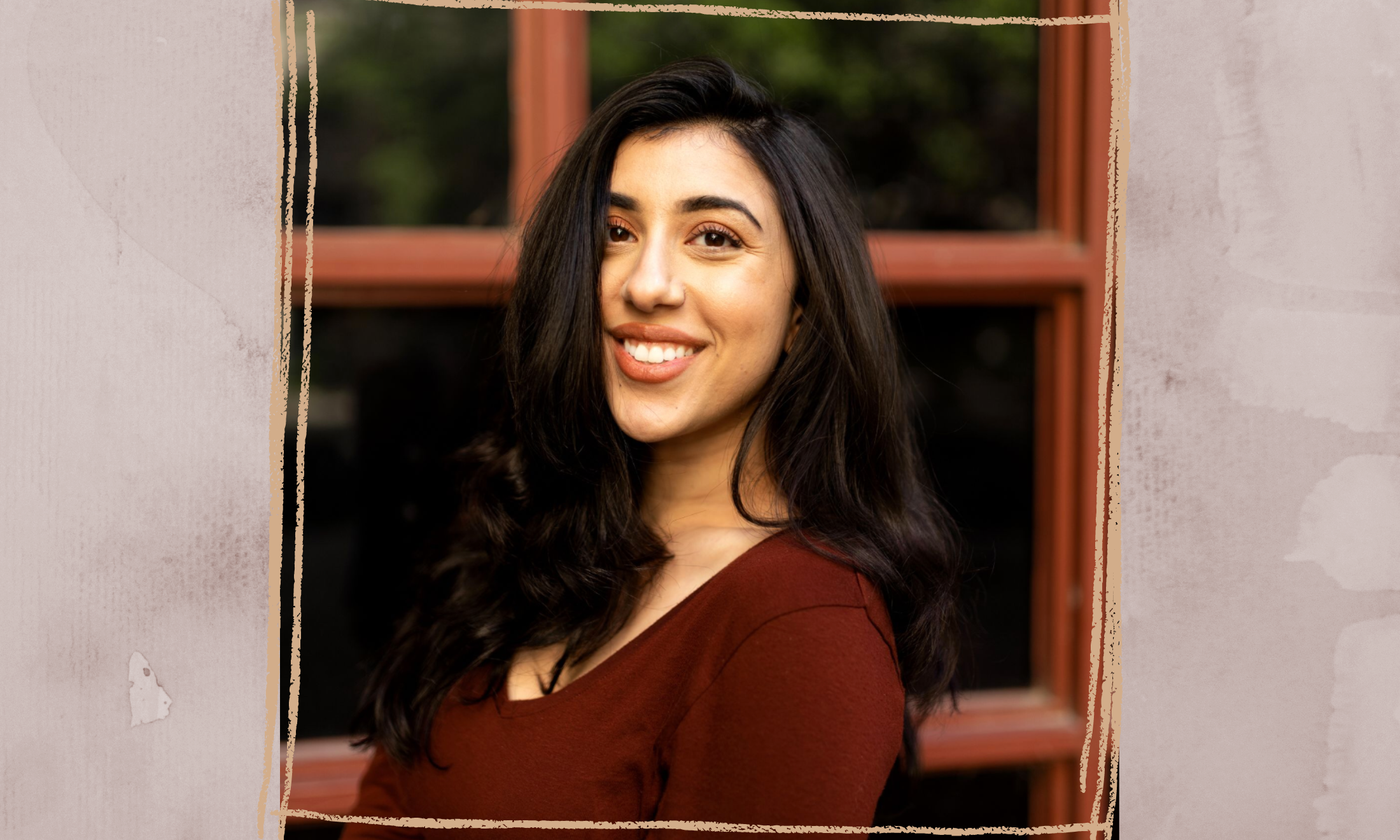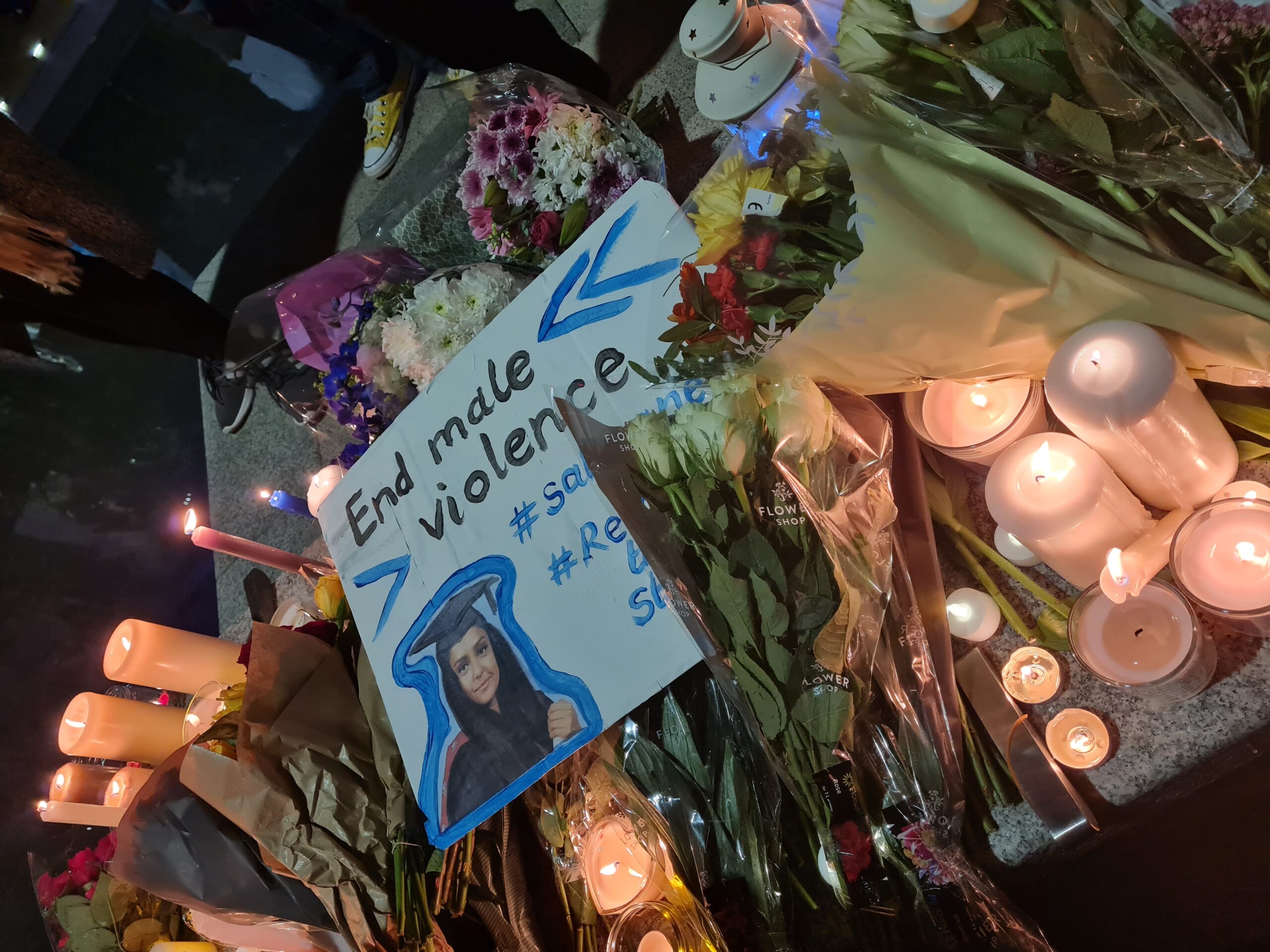
Skin lightening has been practiced in South Asia for centuries. Indian women have been raised with the idea that “fairer is better” and, as a result, the demand for skin-lightening products has risen dramatically.
As Indian actress and model Deepal Shaw says, “In a country where the majority of people are dark skinned, the overriding factor to determine whether a girl is beautiful or not is decided by the fairness of their skin.”
This logic seems a little strange, but the idea has a historical legacy – darker skin used to be associated with menial labour. The lower classes, as workers in the fields, would naturally be darker due to their exposure to the sun. As a result, fair skin became associated with the wealthier classes and higher social standing.
Colonialism also played a big role. The British had been trading with India for centuries when, in 1858, the British Raj took over rule. White Europeans were seen as being superior because of their power, and this notion of superiority also travelled into the thoughts of the native Indians. The Eurocentric idea that the only way to be beautiful is to look whiter was one of the results of British rule.
Rima, 22, says, “Growing up, you’re affronted with very western ideals of beauty which [were] dominated by Caucasian models or generally fair people. It manipulated our own perspective of beauty standards of ourselves and others”.
The issue with skin colour also comes up repeatedly when marriage is concerned for Indian families. There are adverts placed by parents in local newspapers who want to organise arranged marriages for their sons. The adverts will specify they will only consider a bride that is very fair skinned.
“The issue with skin colour also comes up repeatedly when marriage is concerned for Indian families”
This sadly brings about a level of shame for women who have darker skin, as they have to battle with the belief that “no man will want a darker woman”. As the co-founder of the Dark is Beautiful campaign, Kavitha Emmanuel, says, “It’s like a market, you pick and choose, and just as everyone wants a nice red tomato, they also demand a fair-skinned daughter-in-law”.
Emmanuel’s campaign exists to battle this damaging idea. It focuses on empowering darker women and helping them to see their own beauty, but sadly the media and film industry also play a huge role in promoting the ideal that whiter skin is beautiful.
Bollywood stylist Archana Walavalkar says, “When we’re shooting outdoors the actors stay in the sun as short a time as possible, then they run for the shelter of their parasol or trailer”.
Major Bollywood film stars are also endorsing skin-whitening creams by appearing adverts, like Sonam Kapoor, Katrina Kaif, Deepika Padukone and Shah Rukh Khan, and it’s not only women who are feeling the pressure to be as fair as possible. The CEO of Baydianath Group, Vikram Sharma says, “It’s not just about women. I’ve lived ten years in a boys hostel and boys also want to look fair. They just do it secretly behind closed doors”.
Actress Nandita Das, who is often referred to as “dark” by the media, has a history of backing the Dark is Beautiful campaign. She also speaks openly about skin lightening in the film industry, saying, “If you work in Bollywood with a dusky skin you’re doomed only to do parts like peasants or slum-dweller”.
It’s bad enough that there is the prevalent idea that fairer skin is beautiful, but the products that people use to achieve this are in fact very harmful to the skin. Skin-lightening creams work to reduce the melanin in the skin, which is extremely dangerous as melanin exists to help the body battle harmful and cancerous UV rays. They are also riddled with chemicals, and in some cases ingredients like hydroquinone and mercury which are generally not legal in the EU (hydroquinone can be prescribed).
Alongside this, the shame and prejudice that darker skinned South Asians feel is extremely damaging to their self esteem and mental health, and the issue surrounding whiteness in India is a difficult one, as these ideas and notions of beauty are extremely entrenched in Indian culture and society. Many different industries support it, and are profiting off people’s insecurities.
“These ideas and notions of beauty are extremely entrenched in Indian culture and society”
Although there are campaigns actively battling these ideas, it’s something that needs to be talked about a lot more. We need to let go of the rigid standards of beauty, and accept that people come in all shapes, sizes and colours, and they’re all beautiful.
Get involved with gal-dem’s skin lightening series. Comment, tweet us at @galdemzine using the hashtag #skinlighteningseries, or email info@gal-dem.com if you would like to share your experience.









